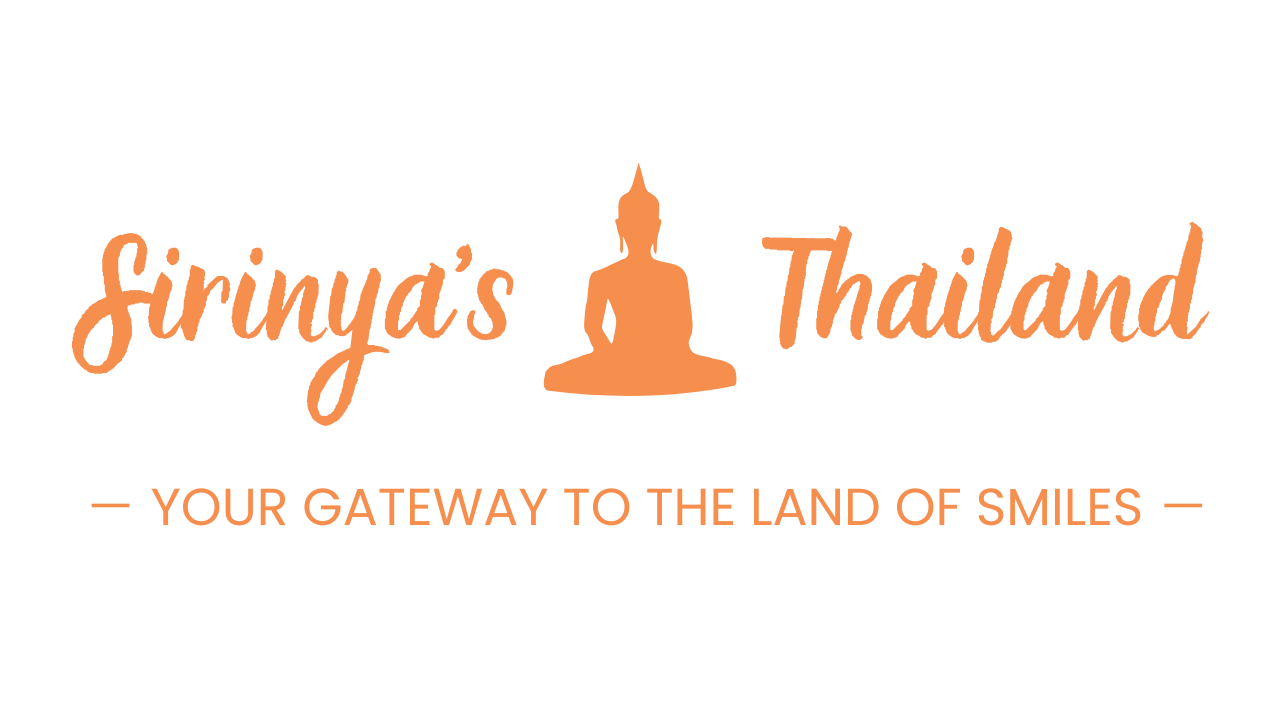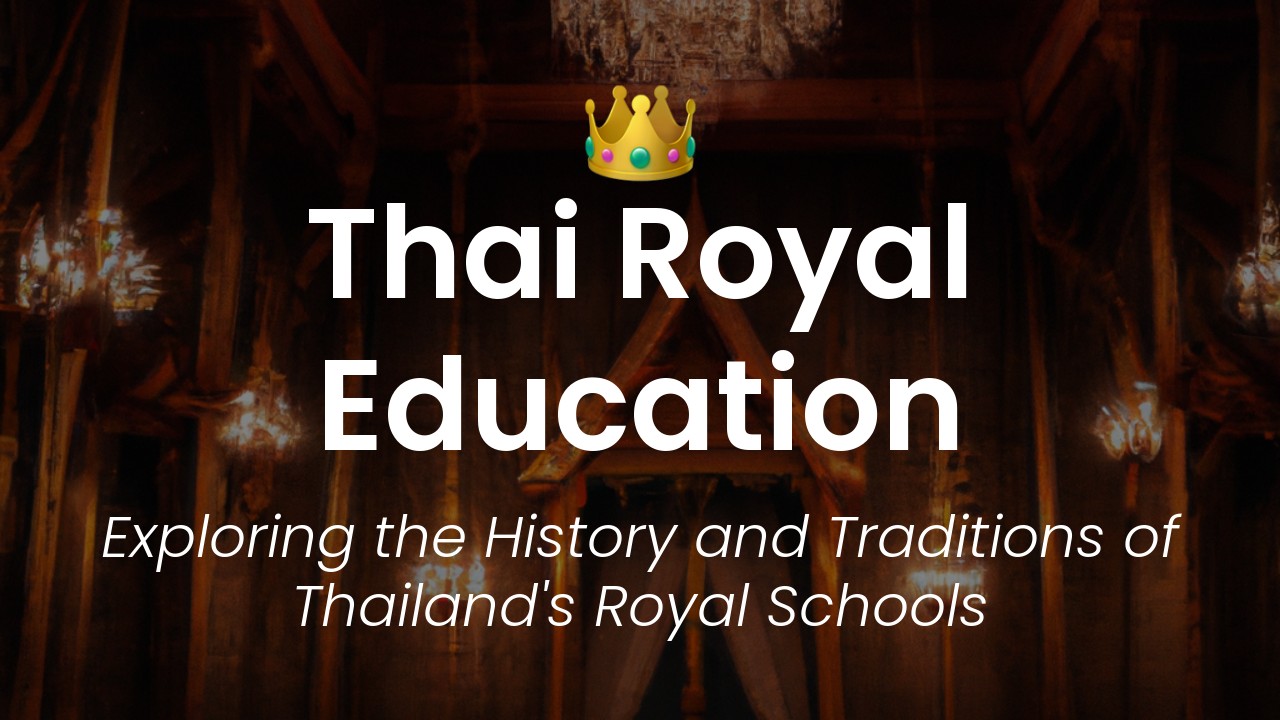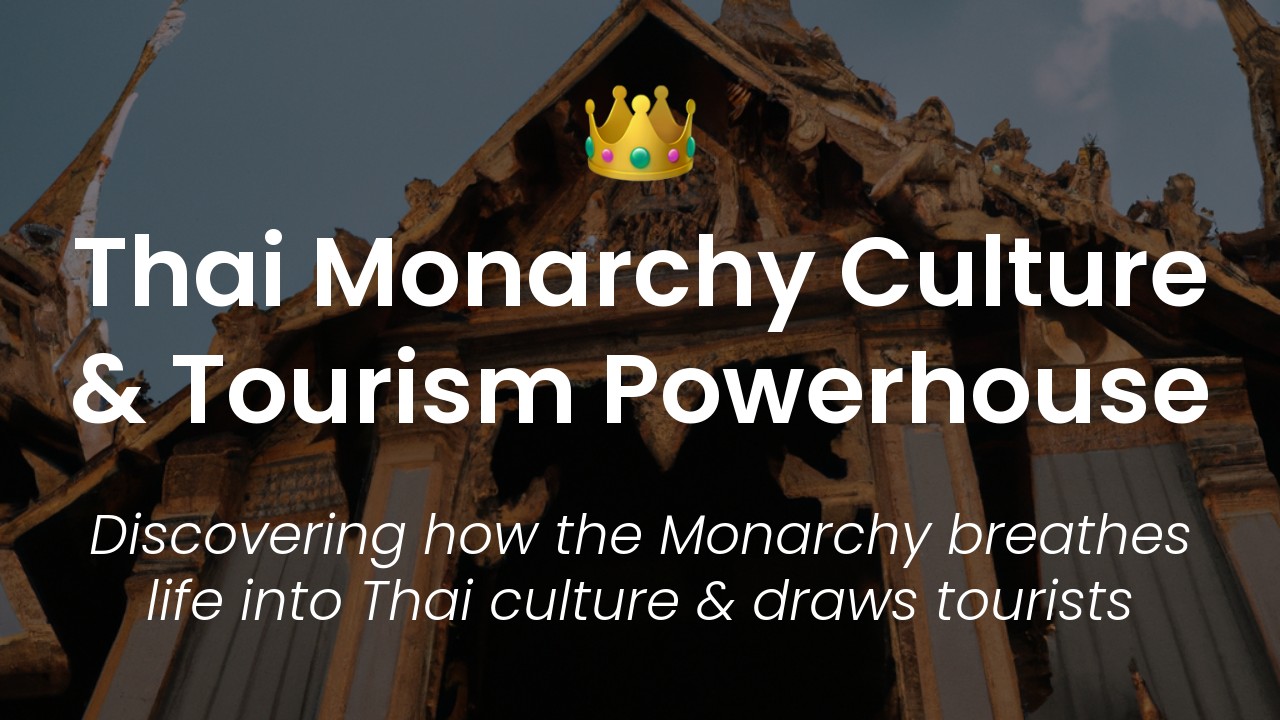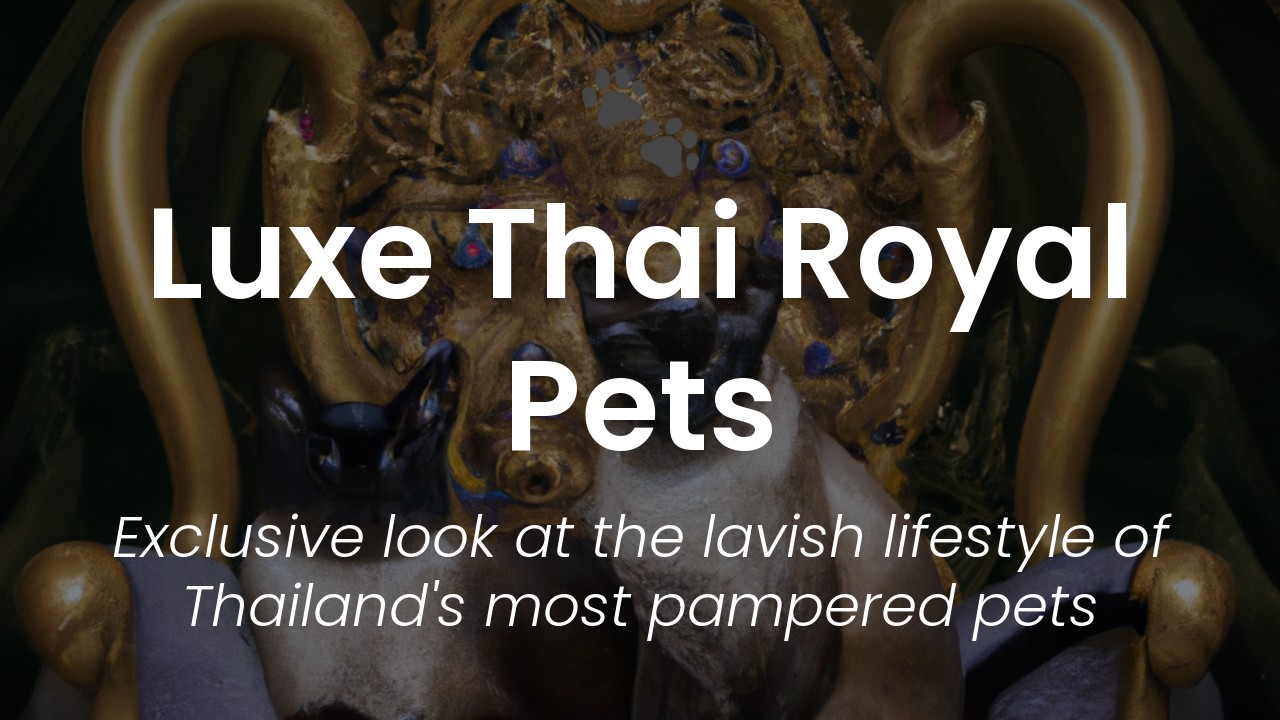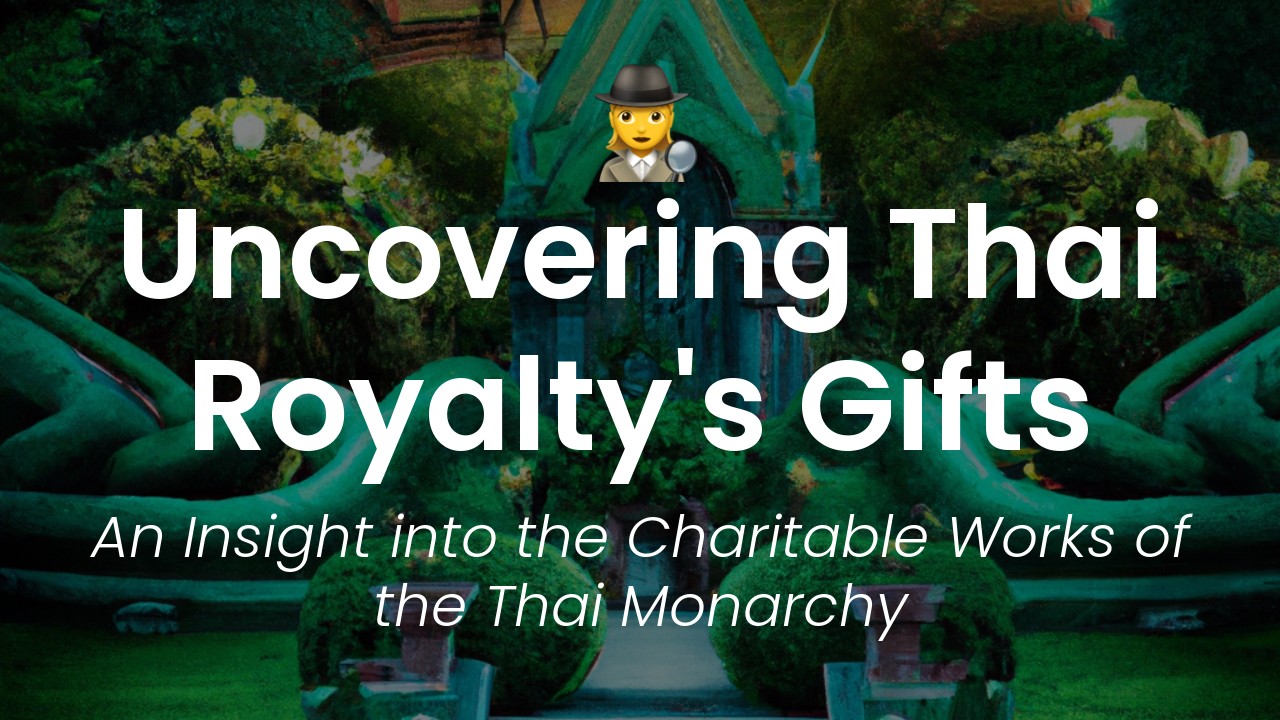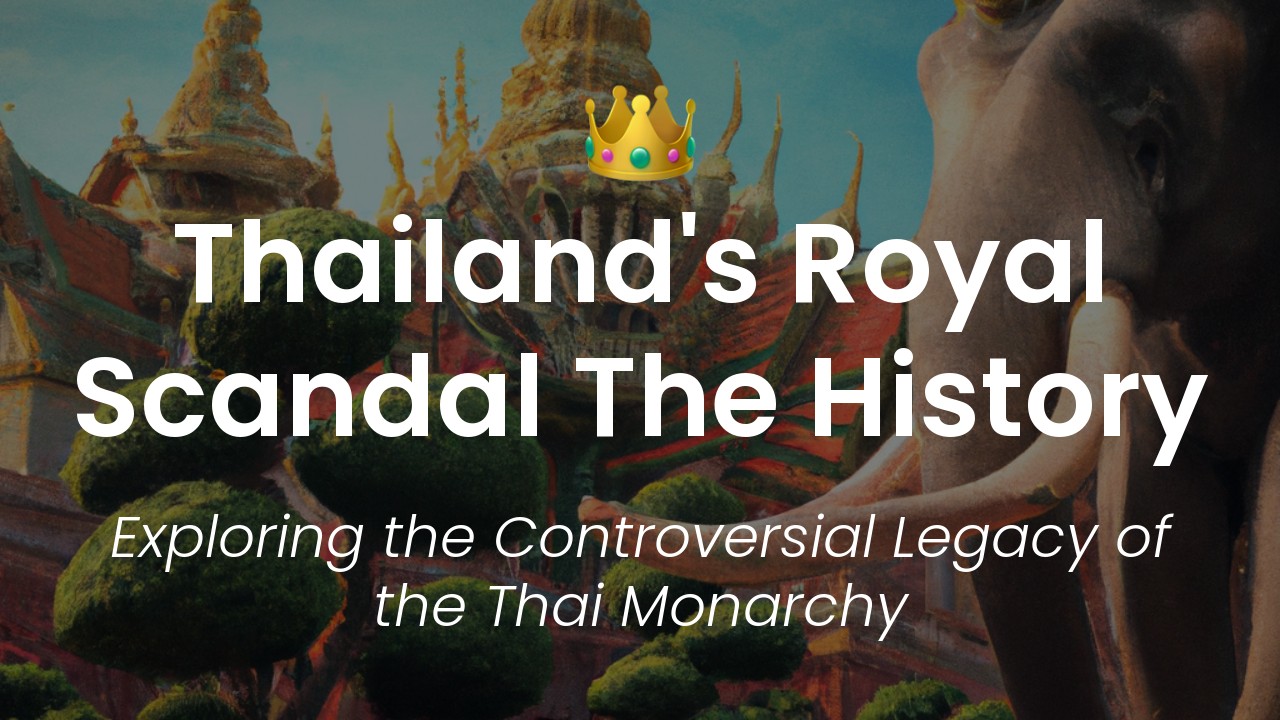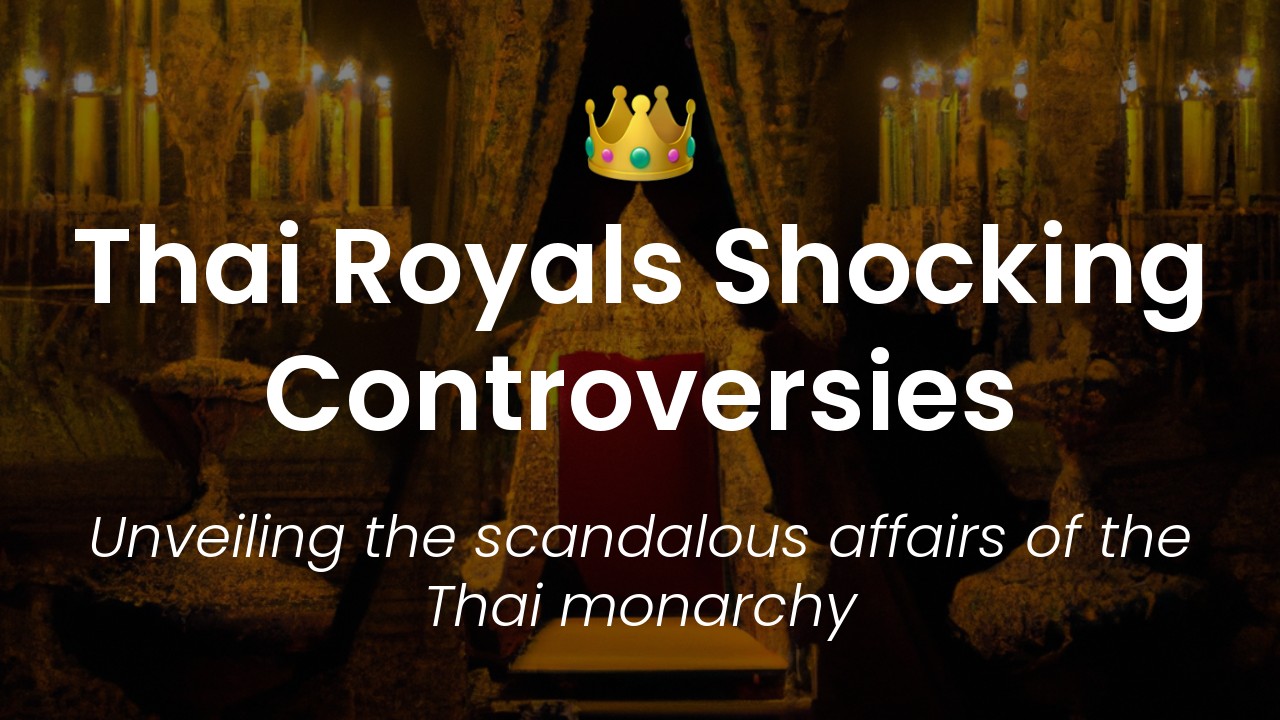As someone who was born and raised in Thailand, I am fascinated by the rich culture and history of my country. One aspect that never fails to capture my attention is the elite education of Thai royals. It is a topic that not many people are aware of, and yet it offers a unique insight into the customs and practices of the Thai monarchy.
The education system of Thai royals has undergone many changes throughout history. At its core, however, it has always been designed to prepare members of the royal family for their duties as leaders of the country. In the past, this education was primarily focused on military training and political studies. Today, it covers a range of topics including language, protocol, and history.
One of the most interesting aspects of the Thai royal education system is its emphasis on foreign languages. Members of the royal family are expected to be fluent in several languages, including English, French, German, and Japanese. This is in contrast to the average Thai citizen who may only speak one or two languages. It highlights the importance placed on international relations by the Thai monarchy and its desire to be perceived as a global player. In this article, I will explore in detail the education system of Thai royals and its evolution over time. We'll look at the topics covered, the influence of Western educational practices, and the impact of technology on modern-day royal education.
Early Education in the Palace
As the center of Thai culture and tradition, the royal palace has always been the focal point of education for the Royal Family. From a young age, the future kings and queens of Thailand are given access to top-quality education within the palace grounds.
Though formal schooling may not begin until later on, these early years are vital for instilling important values and customs that are integral to Thai society. Children within the palace are taught etiquette, respect, and the importance of ceremony and tradition, which will serve them well in their future roles as leaders.
In addition, the young royals have access to a wide range of resources and facilities within the palace, including libraries, gardens, and art collections. This early exposure to the arts, literature, and culture of Thailand helps to develop a deep appreciation for their country's heritage, which will also play a significant role in their leadership.
World-Class Universities Abroad
As members of royal families around the world often do, the Thai royal family sends their children to study at prestigious universities abroad. These institutions offer world-class education and a global perspective that is invaluable to those in positions of leadership.
Many royals attend universities in Europe and the United States, where they can learn from the best and brightest minds in their fields. Some pursue degrees in fields such as law, economics, or political science, while others focus on the sciences or the arts.
Regardless of their area of study, these young leaders benefit from exposure to different cultures and societies, which helps to broaden their understanding and empathy towards other nations and peoples.
Specialized Military and Diplomatic Training
As the protectors and representatives of their countries, members of royal families often receive specialized training in both military strategy and diplomacy. This training can be intensive and extensive, as they learn the skills necessary to lead and defend their nations.
In Thailand, royals have access to a wide range of training facilities and resources. They learn military strategy and tactics from experienced professionals, preparing them for roles as commanders or even heads of state. In addition, they receive diplomatic training and have the chance to meet with foreign leaders, enhancing their abilities to represent their country when traveling abroad.
Focus on Cultural and Historical Studies
Thai culture and history are incredibly rich and diverse, and the royal family takes great care to ensure that these traditions are preserved and celebrated. As part of their education, young royals are exposed to a wide range of cultural and historical studies, helping them to better understand and appreciate their country's heritage.
Through studies in Thai literature and art, as well as field trips to important cultural sites and institutions, the young royals gain a deep appreciation for the unique customs and traditions of Thailand. They also learn about the country's history and how it has shaped the present day, giving them a greater understanding of their roles as leaders and their responsibilities to their people.
Importance of Language Acquisition
As leaders of their nations, members of royal families must be able to communicate effectively with their citizens and with leaders from other countries. To this end, language acquisition is a key part of their education, with a particular emphasis on English and other widely spoken languages.
In Thailand, young royals are taught English from a young age and may also have the opportunity to learn other languages, depending on their interests and future roles. This emphasis on language acquisition helps to ensure that these young leaders are able to communicate effectively with a range of audiences, both nationally and internationally.
Extensive Travel and Study Abroad Programs
Finally, travel and exposure to different cultures are essential elements of the education of young royals. Beyond studying at prestigious universities abroad, many royal children participate in study abroad and exchange programs, giving them the chance to immerse themselves in new cultures and learn from different perspectives.
In addition, the royal family frequently travels both within Thailand and abroad, meeting with other leaders and participating in important events. These experiences help to broaden their understanding of global issues and facilitate relationships with other nations, which are essential in today's interconnected world.
Conclusion
The education of members of the Thai royal family is a multifaceted and far-reaching process, designed to prepare them for their roles as leaders and representatives of their nation. From an early age, these young royals are instilled with important values and customs that are integral to Thai society, while also receiving world-class education and training in both military strategy and diplomacy. Above all, they are taught to appreciate their country's rich cultural heritage and to foster relationships with other nations, ensuring continued growth and success for Thailand in the years ahead.
